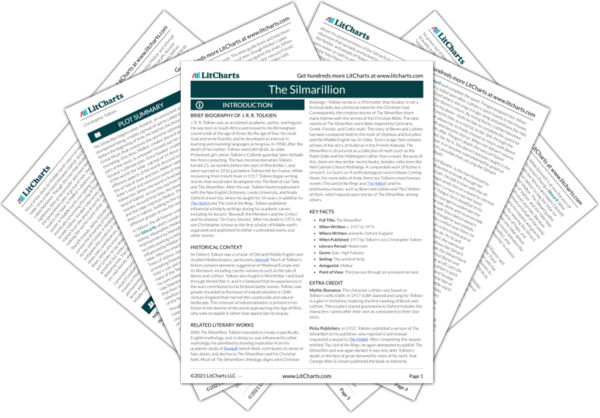Contributing to the sense of loss around the sundering of the elves are the groups that literally become lost on the path to Valinor, wandering away from the larger group or being left behind. There are even new factions among the elves who do make it to Valinor, divided by their temperaments, interests, and leaders. They break themselves into three main groups, and the elves left behind on Middle-earth become scattered.
